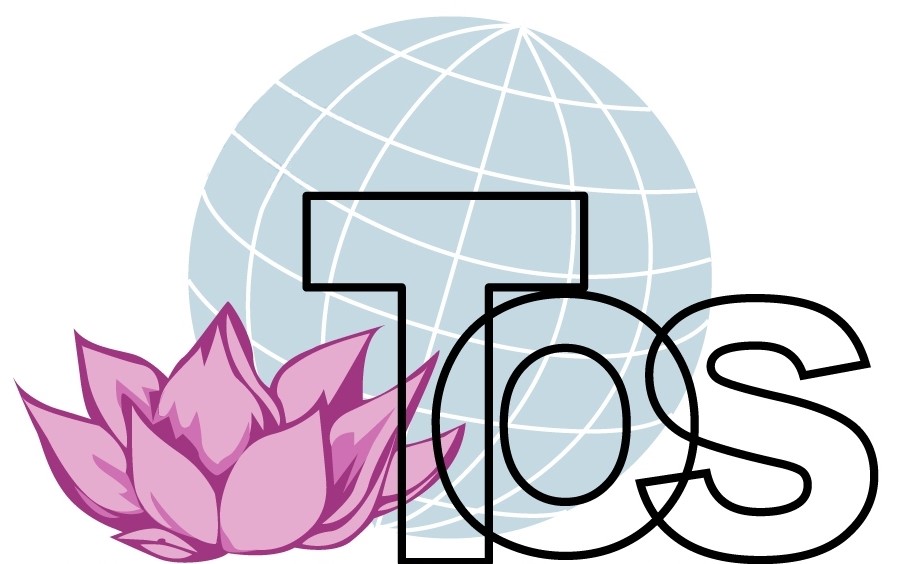V: BEFORE THE SOUL CAN STAND IN THE PRESENCE OF THE MASTERS, ITS FEET MUST BE WASHED IN THE BLOOD OF THE HEART.
The word soul, as used here, means the divine soul, or "starry spirit."
"To be able to stand is to have confidence"; and to have confidence means that the disciple is sure of himself, that he has surrendered his emotions, his very self, even his humanity; that he is incapable of fear and unconscious of pain; that his whole consciousness is centered in the divine life, which is expressed symbolically by the term "the Masters"; that he has neither eyes, nor ears, nor speech, nor power, save in and for the divine ray on which his highest sense has touched. Then is he fearless, free from suffering, free from anxiety or dismay; his soul stands without shrinking or desire of postponement, in the full blaze of the divine light which penetrates through and through his being. Then he has come into his inheritance and can claim his kinship with the teachers of men; he is upright, he has raised his head, he breathes the same air that they do.
But before it is in any way possible for him to do this, the feet of the soul must be washed in the blood of the heart.
The sacrifice, or surrender of the heart of man, and its emotions, is the first of the rules; it involves the "attaining of an equilibrium which cannot be shaken by personal emotion." This is done by the stoic philosopher; he, too, stands aside and looks equably upon his own sufferings, as well as on those of others.
In the same way that "tears" in the language of occultists expresses the soul of emotion, not its material appearance, so blood expresses, not that blood which is an essential of physical life, but the vital creative principle in man's nature, which drives him into human life in order to experience pain and pleasure, joy and sorrow. When he has let the blood flow from the heart he stands before the Masters as a pure spirit which no longer wishes to incarnate for the sake of emotion and experience. Through great cycles of time successive incarnations in gross matter may yet be his lot; but he no longer desires them, the crude wish to live has departed from him. When he takes upon him man's form in the flesh he does it in the pursuit of a divine object, to accomplish the work of "the Masters," and for no other end. He looks neither for pleasure nor pain, asks for no heaven, and fears no hell; yet he has entered upon a great inheritance which is not so much a compensation for these things surrendered, as a state which simply blots out the memory of them. He lives now not in the world, but with it; his horizon has extended itself to the width of the whole universe.
